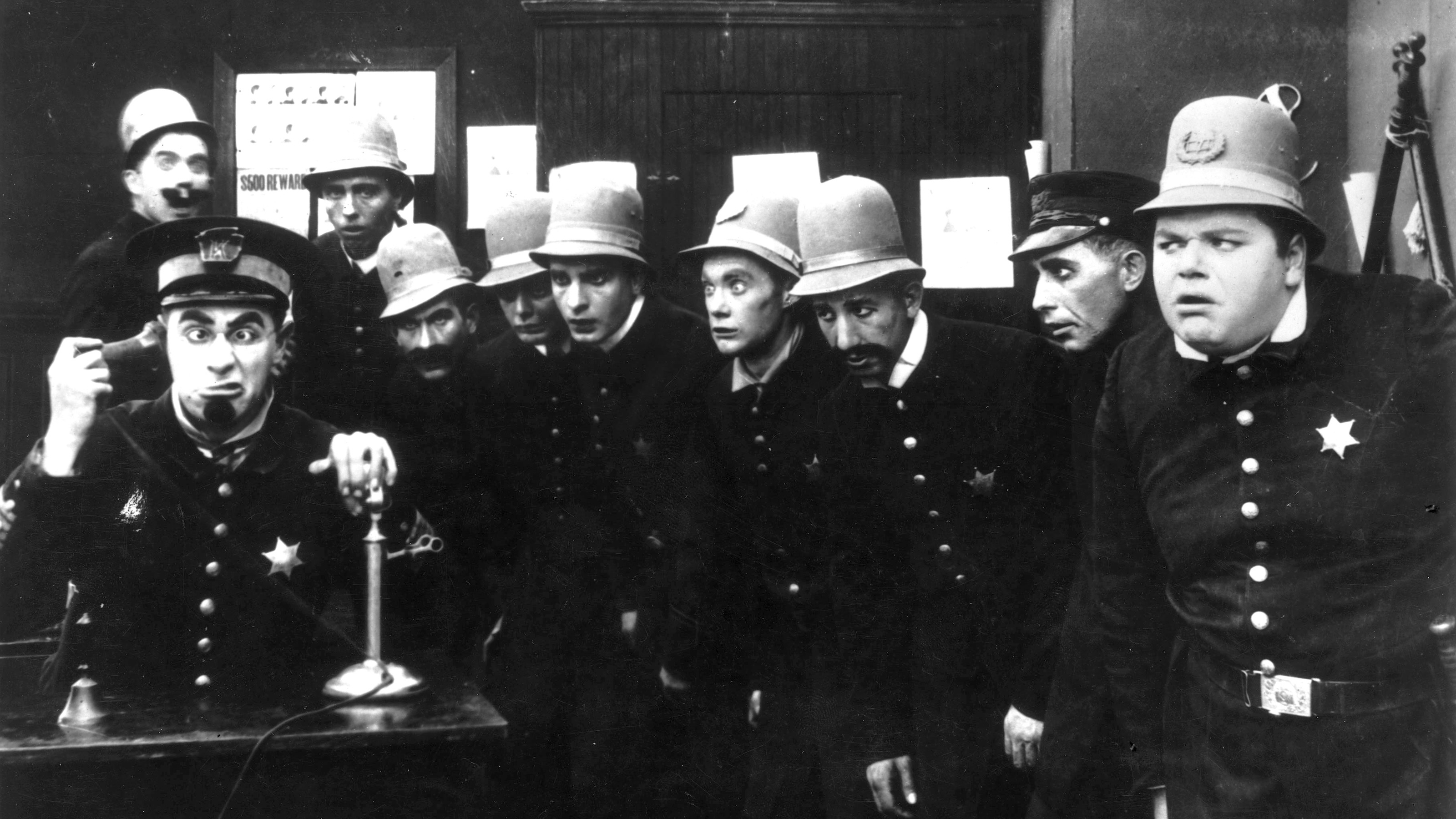How “Taleb’s Surgeon” redefines what expertise looks like

- In many areas of life, we expect people to look or behave a certain way. Often these stereotypes give certain people an easier ride.
- Taleb’s Surgeon is the idea that, if you are presented with two equally competent candidates, choose the one who overcame stereotypes to get where they are.
- Here we look at three practical applications of Taleb’s Surgeon in our daily lives.
The American novelist Fannie Hurst once said that “A woman still has to be twice as good as a man in order to get half as far.” And, certainly, when she said it back in the 1940s, it was likely not far from the truth. It’s hard to know if she was the first to coin the idea, as many people from different countries and times have voiced similar sentiments. It was said of black sportsmen and Jewish workers in the 1920s, and it could be applied today to many groups when they set out on a certain career path.
The point Hurst was making is that when you have to defy expectations, you have to work that much harder. When you want to succeed in a profession, you have to not only be good at that profession but also look the part. You have to walk a certain way, talk a certain way, and work a certain way. Make small talk, maintain eye contact, give a firm handshake, and flash a toothy grin. As the philosopher Jean-Paul Sartre put it, a job “is wholly one of ceremony. The public demands of us that we realize it as a ceremony.”

In his 2018 book, Skin in the Game, Nassim Nicholas Taleb observed the same phenomenon. He developed an argument that, given there are ceremonies and expectations around jobs, if someone bucks those and runs against the grain but is still considered good at their job, they must be even better.
This idea is known as Taleb’s Surgeon, and it might change your attitude toward everyone you meet.
“You don’t look like a priest”
There is a classic TV and movie trope where one character says something like, “You don’t look like a [profession].” In Ghostbusters, Bill Murray is told, “You know, you don’t act like a scientist.” In Meet the Parents, a table of doctors laugh incredulously that Ben Stiller is a “male nurse.” In Good Will Hunting, no one expects Will, a janitor at MIT, to be a genius. And Deadpool is built on the entire premise that Ryan Reynolds isn’t a “normal” superhero.
The trope works because we all have certain expectations or biases about what a certain role should look like. If I ask you to imagine a surgeon, a hairdresser, a flight attendant, a gardener, or a lawyer — what pops into your head? Often, there’s nothing malicious going on. These stereotypes are established by your experiences. If you’ve only ever seen white, male surgeons in their late 50s, that’s how you’ll imagine them. But these biases become harmful when we start to judge someone’s worth or merit based on these stereotypes. It’s when we say something like, “Can’t you find someone who looks a bit more… doctory?”
In his book, Taleb asks us to switch perspectives and imagine you are a “not-doctory”-looking person. You’ve had to fight stereotype after stereotype to be thought of as good. You’ve been told to change how you dress, how you talk, and how you look so you can appear more “doctory.” But you haven’t, or you can’t. And yet, you’re still a respected and successful doctor.
So, Taleb’s Surgeon is the idea that if you are presented with two equal candidates, choose the one who has gotten there without the aid of conventional expectations. Choose the uncharismatic one. Choose the disheveled one. Choose the one who bucks every expectation and stereotype you can imagine. They’re there not just because they’re good, but because they had to work harder to be seen as good.
The surgery is open
Taleb’s Surgeon is a useful heuristic — or mental shortcut — to challenge the stereotypes most of us carry with us all of the time. Here are three practical examples of it in action:
Don’t undervalue certain colleagues. If you’ve ever watched The Apprentice, you’ll notice there’s a certain type of person who likes to take charge. They’re the loud braggarts who enjoy nothing so much as boasting about their past achievements. But, in The Apprentice as in real life, if you watch long enough, you’ll start to see where the real talent lies. You’ll start to see who is the engine behind the successes. In your workplace, don’t be distracted by the loud, slick-looking swagger of arrogance dressed in an expensive suit. Do not confuse charisma, confidence, and banter for actual talent. Look to see who’s truly good and who consistently gets the best results.
Don’t pretend to be something you’re not. Of course, there is a flip side to this. Sartre was certainly right about how every job has a ceremony, but his point did not end there. Later in the same passage, he goes on to say, “A grocer who dreams is offensive to the buyer, because such a grocer is not wholly a grocer. Society demands that he limit himself to his function as a grocer.” Sartre’s point is that customers and clients will expect you to fulfill a role. They want you to dance to a tune, and this can be exhausting. Luckily, over on Big Think+, the businessman and television personality Daymond John offers advice on how we can bring ourselves to work without playing a role. As John puts it, “When you try to be something you’re not, it crumbles; it kills your authenticity. You shouldn’t be afraid of who you are.”
Let your talents speak for themselves. It’s not just clients and customers who will expect you to behave a certain way; it’s also managers. The problem with stereotypes is that some managers have fixed expectations about what a “good employee” looks like — for example, someone who speaks up in meetings, works past 6 p.m., and laughs at the right moments. But Taleb’s Surgeon is all about letting your talent speak for itself. Don’t try to fit a role you’re not designed for. Do your job in your way and to the best of your ability. Show your managers that you are bigger and better than their stereotypes.





